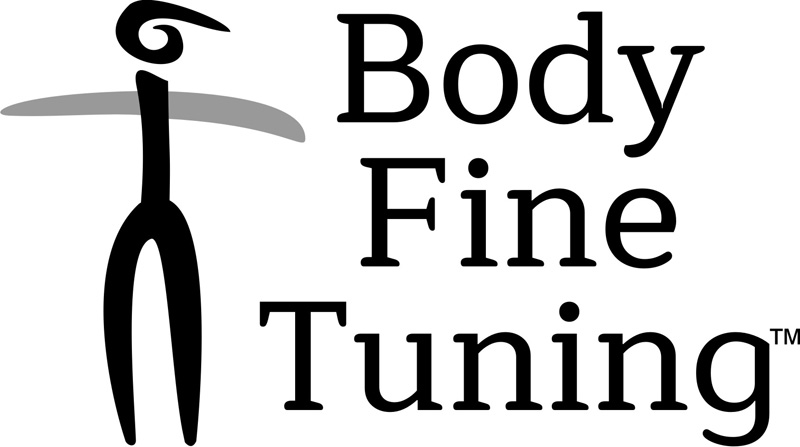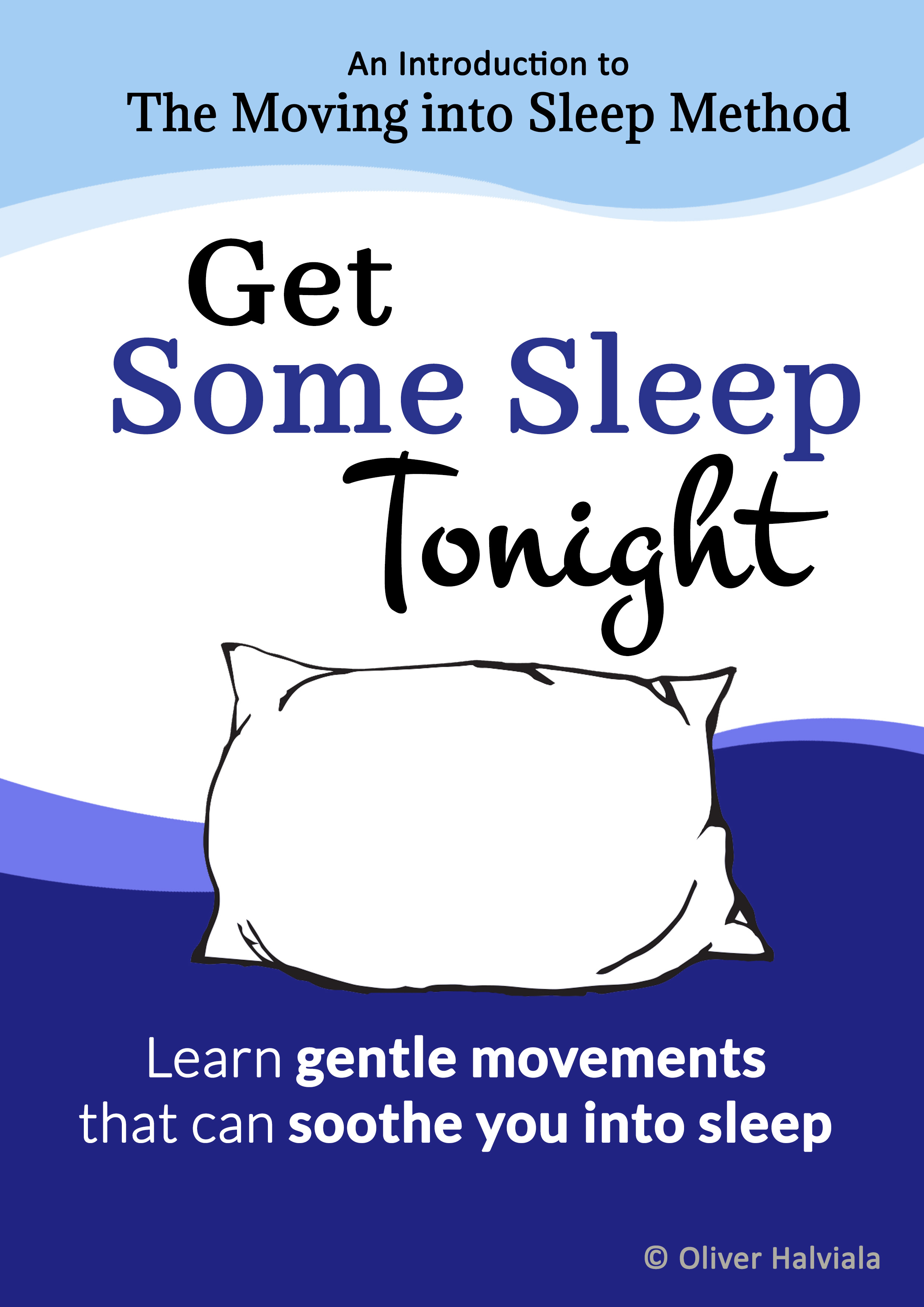Quality Sleep
The Foundation of Optimal Brain Health
In the quest for optimal brain health, few factors are as fundamental and impactful as the quality of our sleep. Just as a sturdy foundation supports a towering structure, quality sleep forms the bedrock upon which our physical, mental and emotional well-being thrive. From protecting the neural structures to facilitating creativity, the benefits of a restful night's sleep extend into deepest structures of our brain.
Understanding Brain Health
While there are many ways to consider brain health, I propose we take a creative approach by crafting a "BRAIN'S RESPONSIBILITY MAP". With this map, we can visualize the brain's main jobs, which I've divided into three groups. With this approach my aim is to make it easier for us to understand the scope of topics we can consider when talking about how sleep quality affects brain health..
#1 Physiological Brain-Body System
At the foundation of our health lies the network of physiological systems, all of which rely on the connection with the brain. The brain plays critical roles in regulating heart function, breathing, hormonal balance, digestion, and immune function. Additionally, it the brain facilitates processes such as maintenance, growth, and waste disposal. Therefore, optimal brain health is crucial for proper functioning of these systems, providing us with a solid foundation for daily life.
#2 Functional Brain-Body Systems
The next group of brain's responsibilities is to manage functions such as mobility and sensory perception. Here, a healthy brain enables us to move and do activities, while utilizing our senses to communicate with our environment and respond appropriately..
#3 Creative Brain-Body Systems
In essence, our brains are designed to engage in useful tasks such as learning skills, memorizing information, creating new ideas, and expressing them productively. This area of brain's responsibility depends on brain health as well. The healthier the brain, the more creative and productive it can be, enabling us to fully turn our aspirations into reality
How Sleep Facilitates Optimal Brain Health
Here some ways sleep facilitates brain health.
#1 Sleep Improves Memory Function
One of the key processes in the brain is called memory consolidation. During the day, the brain stores experiences and information temporarily in its short-term memory. However, this area has limited space. This is why in the evening you may experience a feeling that your brain is tired. At night, during deep sleep, the brain does something amazing – it transfers recent experiences to long-term memory. This is when less important information (connections) gets filtered out or forgotten. It's a crucial process because too little or poor sleep can lead to memory problems, difficulty concentrating, and even ADHD.
#2 Sleep Helps the Brain Store Energy
The amount of energy our brain needs is remarkable. During sleep, glycogen, a form of glucose gets stored mainly in glial cells called astrocytes. WE can imagine the process is like refueling a tank. This energy is needed during the day so that we can use our minds, in other words, to be able to observe, think, and make decisions. This, partly, explains why the ability to focus declines with poor sleep.
#3 Sleep Improves Brain's Efficiency
Redundant neurons and connections can make the brain slow. This is why there is a process, called synaptic pruning, which allows the brain to prune neurons and connections that are weak or unnecessary. However, there is one problem. This process cannot take place during the day because we keep adding to the brain’s content as we go through experiences that strengthen and widen the synapses. Therefore, sleep is the only time when the body-brain system can facilitate this process in an efficient, undistracted manner. Lack of synaptic pruning means that unnecessary connections stay active in “ineffective” ways, creating disharmony. This explains why lack of synaptic pruning can contribute to developing serious conditions including depression, phobias, and ADHD.
#4 Sleep Facilitates Brain Cleansing
Redundant neurons and connections can make the brain slow. This is why there is a process, called synaptic pruning, which allows the brain to prune neurons and connections that are weak or unnecessary. However, there is one problem. This process cannot take place during the day because we keep adding to the brain’s content as we go through experiences that strengthen and widen the synapses. Therefore, sleep is the only time when the body-brain system can facilitate this process in an efficient, undistracted manner. Lack of synaptic pruning means that unnecessary connections stay active in “ineffective” ways, creating disharmony. This explains why lack of synaptic pruning can contribute to developing serious conditions including depression, phobias, and ADHD.
Optimal Sleep Habits
#1 Sleep Duration
Health authorities recommend that adults get about 8-9 hours of good quality sleep. Sleeping less than 7 hours per night significantly increases the risk of brain related issues. Therefore, extending sleep duration by just one hour can make a critical difference.
However, excessive sleep can also pose risks. Spending over 9 hours in bed nightly can lead to heart-related issues. Hence, 8-9 hours is considered the optimal duration for adults. If this seems insufficient, taking a nap later in the day is preferable to oversleeping.
Note that extreme tiredness might indicate troubled health which needs professional attention.
#2 Sleep Quality
From the brain's perspective, optimal sleep quality refers to absence of negative neurological stress. In other words, the stress and tension levels in the body are optimal. This allows us to to fall asleep easily and transition smoothly through different sleep stages and cycles. Even if we wake up in-between, we can soon resume our rest and sleep calmly .
A Method to Get Optimal Sleep
Thanks for reading!
Wishing you the best of sleep!
Oliver
Related research:
Insomnia and Risk of Cardiovascular Disease
journal.chestnet.org/article/S0012-3692(17)30134-4/fulltext
Insomnia and the risk of incident heart failure: a population study
academic.oup.com/eurheartj/article-abstract/35/21/1382/582739


